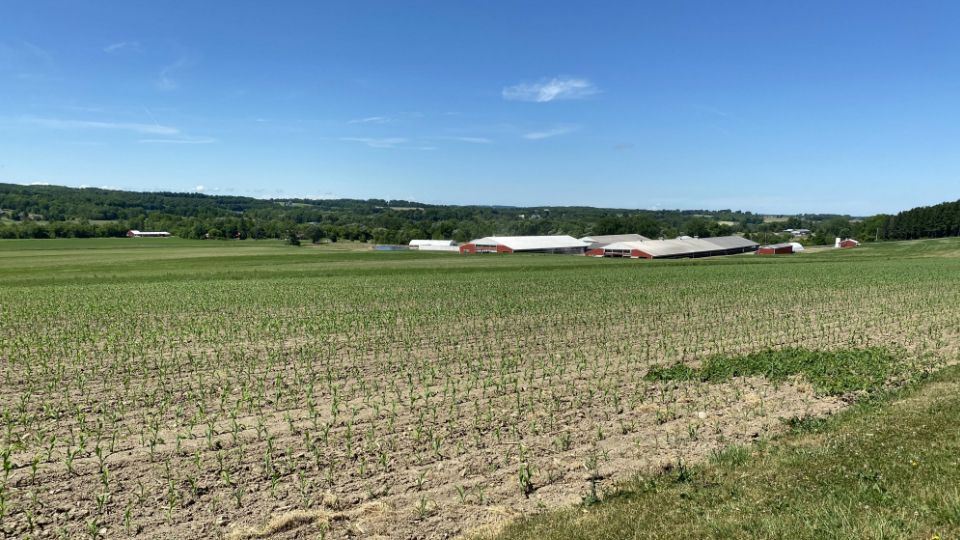A coalition of agricultural organizations is urging Gov. Andrew Cuomo to veto a bill banning the use of the herbicide Glyphosate on state property.
The groups, led by the New York Farm Bureau, point to the herbicide being used as a commonplace way of kiling weeds, grasses and forest underbrush when growing fruit, vegetables, corn and soybeans.
But the ban would complicate matters for the farms that lease land from the state to grow their crops. They also argue colleges that operate farms on state-owned properties should also have access to the herbicide.
"We estimate that at least 5,000 acres of state-owned lands are farmed by commercial farmers or state colleges," the groups wrote in the letter released on Thursday. "In addition to agriculture, this bill would also impact forest health, as Glyphosate is used to control tree shoots from stumps that crowd out other desired tree growth."
The bill to ban the use of Glyphosate on state lands was approved last month by the Legislature during a rare summertime session. The measure's sponsors point to the heribicide as being considered "a probable human carcinogen" in pushing for its ban.
"More and more countries, as well as local jurisdictions throughout the United States, demonstrate zero tolerance for exposing their citizens to products that are linked to cancer, and New York should not fall behind in this area," the bill sponsor's memo states.
But the agriculture groups in their letter to Cuomo pointed to federal Environmental Protection Agency finding "no risks" with the herbicide when used properly and that most states have accepted the agency's review.
It has been in use for more than 40 years.
"During this timeframe," the groups wrote, "it has proven itself as an environmentally-friendlier weed control agent than some of the alternative products that Glyphosate replaced."



